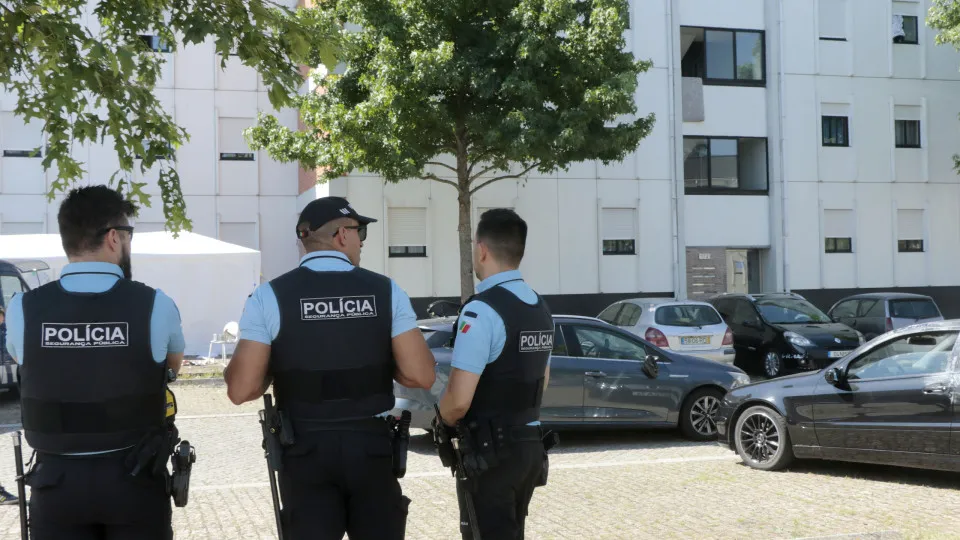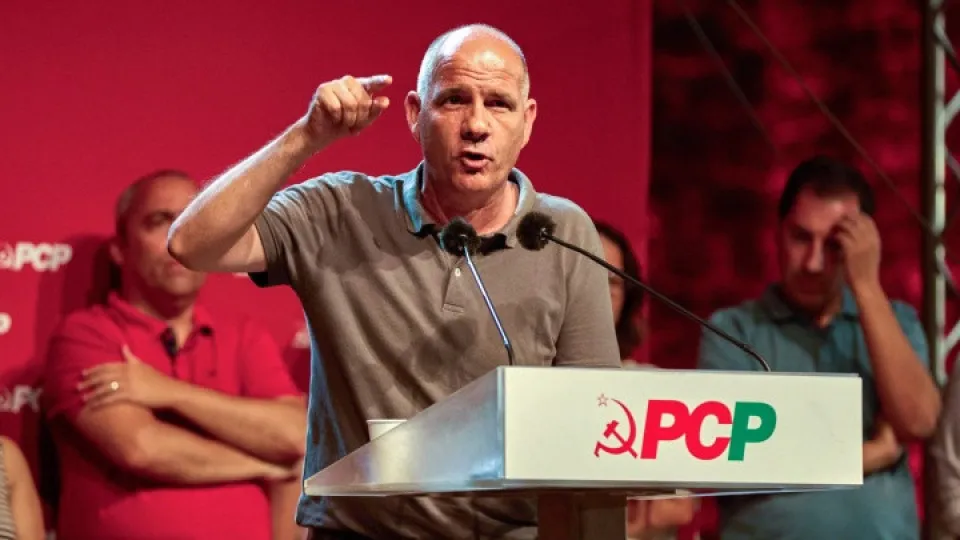
The neighborhoods today no longer carry the stigma they once had, due to improvements in infrastructure and careful maintenance, as well as enhanced security, stated Luís Elias at a conference marking the 30th anniversary of the municipal company Gebalis, responsible for managing public housing neighborhoods.
The commander of the Lisbon Metropolitan Command of the PSP, who has witnessed the city’s transformation over the past three decades as a police officer, noted that there has been a radical change with the construction of municipal housing and the investment in community-serving facilities.
The housing shift intended to rehouse individuals and families who previously lived in shacks or very precarious homes, with all the marginality associated with some of these areas, was fundamental for the city’s security, stated Luís Elias, noting that today there is continuity in housing across Lisbon and municipal neighborhoods cannot be easily identified.
According to the PSP official, the majority of municipal neighborhoods in Lisbon, except for a few, have significantly improved the perception of security.
For instance, the Bairro da Quinta do Condado, previously known as Zona J de Chelas, is profoundly different now compared to 20 or 30 years ago, particularly regarding the perception of insecurity, he explained.
Despite the positive evolution, not everything is perfect, as some pockets of insecurity persist in well-known areas, particularly linked to drug trafficking, added the commander of the Lisbon Metropolitan Command of the PSP, indicating ongoing efforts to address the issue.
The problem cannot be solely resolved by security forces since there is also a social and health dimension upstream, as national legislation views issues like drug addiction as a public health problem, underscored Luís Elias. He emphasized the importance of continued public support for programs addressing drug addiction or reintegrating drug addicts and warned against disinvestment in these programs.
The PSP leader also emphasized the “broken windows theory” with regards to property vandalism, noting an ongoing commitment to repair and improve buildings, which contributes to public perceptions of security, alongside factors like public lighting and cleanliness, in addition to the police’s efforts.
The head of the Lisbon Metropolitan Command of the PSP also praised community policing, with numerous projects developed in partnership with resident associations and cultural organizations. Highlights include the RADAR project with Santa Casa da Misericórdia de Lisboa to support isolated seniors and the handling of juvenile delinquency cases.
As a challenge in managing public housing, Luís Elias pointed to the integration of people, especially those in socioeconomically disadvantaged situations, providing them with more opportunities, arguing that housing investment alone is not sufficient; everything else matters too.
Gebalis administrator Miguel Silva Pereira highlighted the development of social projects in municipal neighborhoods, such as Talentos do Bairro and Bora Mexer, noting that this dynamism enables the empowerment of residents, demonstrating that neighborhoods can thrive if given the opportunity, as they possess the same quality as the rest of the city and country.
Currently, Gebalis manages 66 municipal neighborhoods in Lisbon, comprising around 22,000 homes.




